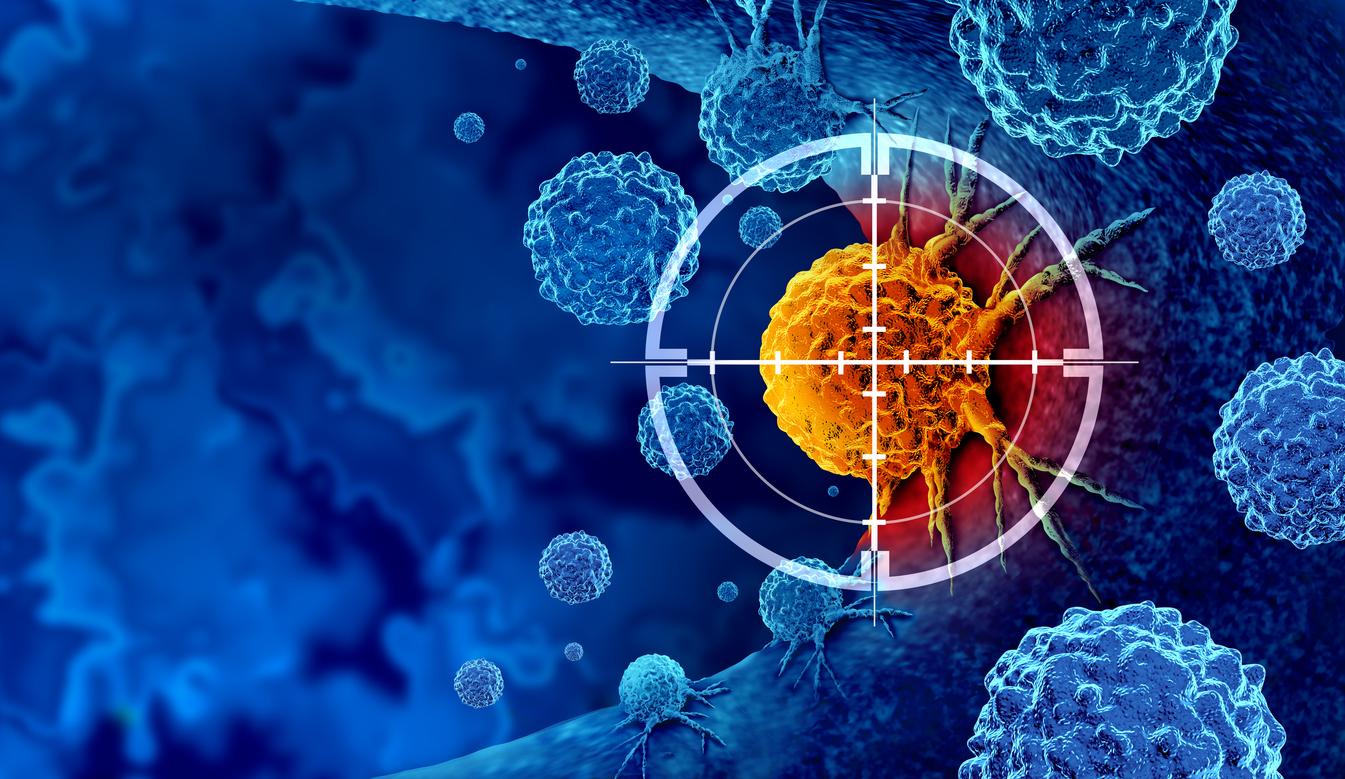Night or rotating work, by disrupting the circadian rhythm (24-hour rhythm based on the alternation of wakefulness and sleep), overexposes certain cancers (prostate cancer, colon cancer, breast cancer), but also at diabetes and obesity.
How did the upheaval of our biological rhythm can it be so harmful on the body? The issue of the functioning of the circadian system and its impact on health has piqued the interest of several researchers over the past thirty years, like NASA.
This work has made it possible to understand that our body obeys small biological clocks hidden in each cell and which are controlled by about fifteen genes directed by a “conductor” located in the brain. This biological rhythm controls many things: the alternation of wakefulness / sleep, the temperature or the secretion of several hormones, cell division or even the aging of cells.
“Studies show that when the circadian system is disrupted and it no longer works in a coordinated manner, there is an increased risk of developing cancers, cardiovascular diseases or infectious diseases” explains Francis Lévi, director of the unit of Inserm Biological rhythms and cancers.
Cancer: chronotherapy to improve the effectiveness of treatments
Due to this biological rhythm, the body would also react differently to drugs depending on when they are taken. Their efficacy and toxicity would therefore not be the same depending on the time of day. Based on this premise, researchers have developed chronotherapy, a therapeutic practice applied in around fifteen cancer departments in France, Belgium, Italy and Portugal.
In France, Francis Lévi is one of the leaders. With his Inserm team, he aims to personalize cancer treatments in order to improve their effectiveness. “By following circadian rhythms, treatment is optimized by improving anti-tumor efficacy and reducing side effects by two to ten times,” he says.
Patients with digestive cancers at the Paul-Brousse hospital in Villejuif benefit from chronotherapy applied to chemotherapy. Concretely, the patients followed for colorectal cancers are equipped with a programmable pump which automatically delivers the chemotherapy drugs.
Other tools are under development such as a device for measuring the patient’s body temperature. “It will provide the doctor with the internal time of each patient, and will make it possible to adapt the chronotherapy to the clocks of each patient, and to any possible disturbances”, specifies Inserm in a press release.


















